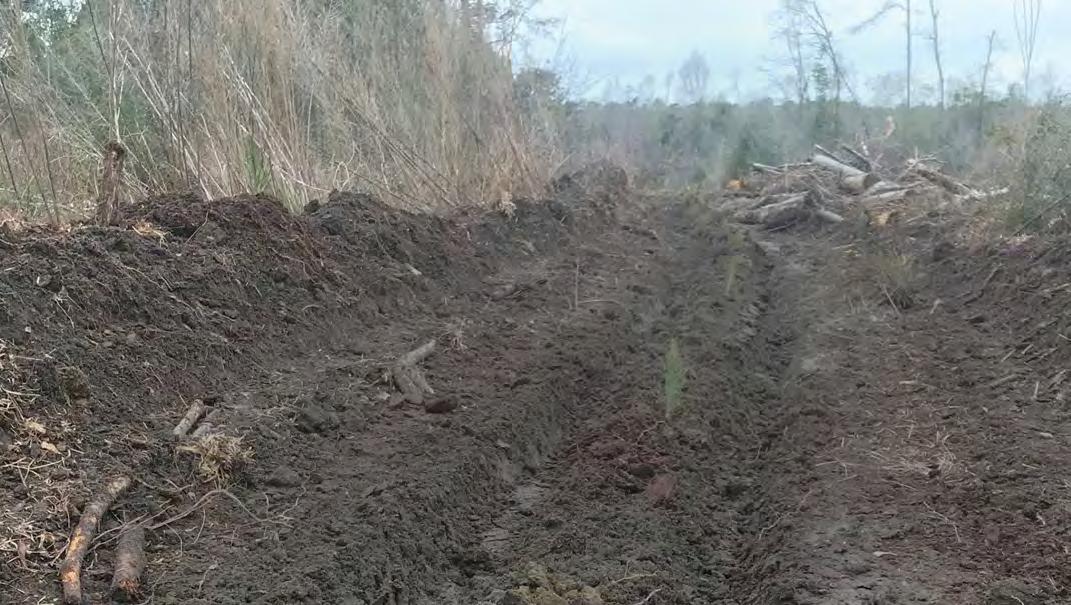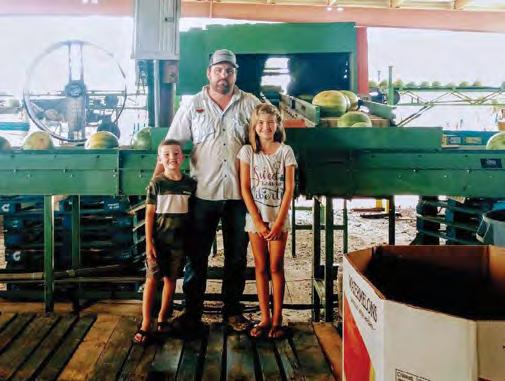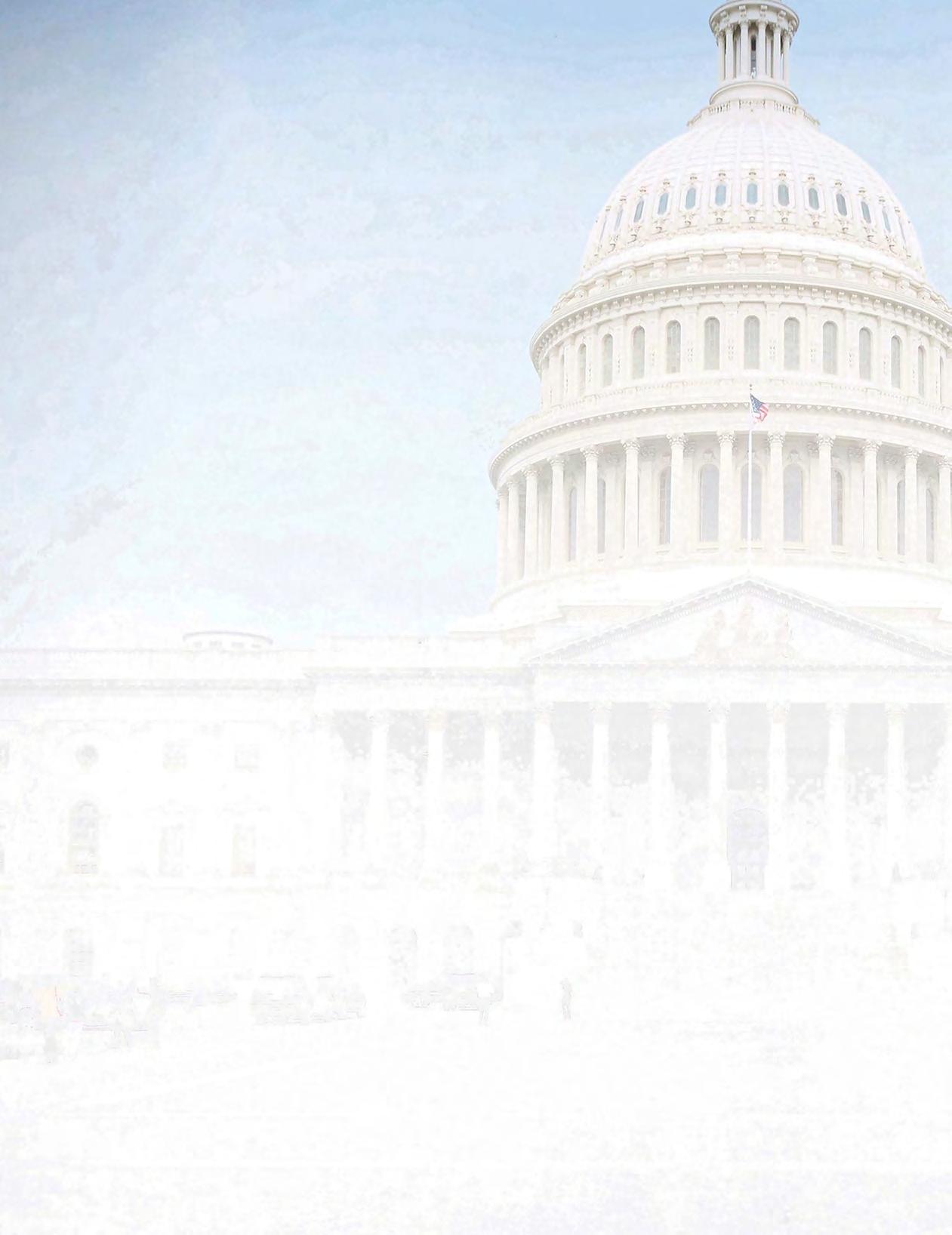WA S H I N G TO N R E P O RT
CORONAVIRUS DELAYS LONG-AWAITED TRADE FIELD HEARINGS By JohnWalt Boatright, Director of National Affairs
O
n Jan. 9, the Office of the United States Trade Representative (USTR) promised a series of actions in response to a decades-long plea from Florida agriculture for corrective trade action. This followed truly heroic efforts by Florida Congressional members and state agricultural leaders throughout the negotiations that led to the signing of the United StatesMexico-Canada Agreement. One of the commitments made by the USTR office included field hearings in Florida and Georgia to engage directly with growers and owners of agriculture-related businesses affected by unfair trading practices experienced since the implementation of the North American Free Trade Agreement. The national trade office also pledged that staff members would be working with agricultural producers to “identify and compile documentation on trade distorting policies” and secure further assistance from agencies such as the International Trade Commission and the U.S. Department of Commerce. In keeping with the January
promises, USTR scheduled the first field hearing on April 7 in Plant City, the “winter strawberry capital of the world.” The strawberry has joined a growing list of fruits and vegetables that have succumbed to recent import surges from Mexico.
Additionally, these field hearings should invoke significant consumer interest. Preserving local farms by fighting for fair trade will help ensure a domestic supply of fresh, abundant and cost-effective food supply. It will also sustain
Unfortunately, the catastrophic spread of the Coronavirus forced a postponement of these hearings. A future date will likely be identified once it is safe again to convene in large gatherings. Such a public hearing affords an opportunity to Florida farm families who have struggled under these unfair Mexican trade practices for years. It may also be a forum for bygone farmers who could no longer justify staying in business as long as foreign subsidization and dumping remain the norm.
the economic stimulus to local communities, and the numerous jobs on which those communities and rural families depend. As an agricultural community, we must remain vigilant as we confront our longstanding, as well as our insurgent, challenges. Please rest assured, knowing Florida Farm Bureau is working for our members to ensure business can continue as usual without undue disruptions while we cope with the largest public health crisis in a century. FLORIDAGRICULTURE | APRIL/MAY 2020
19









